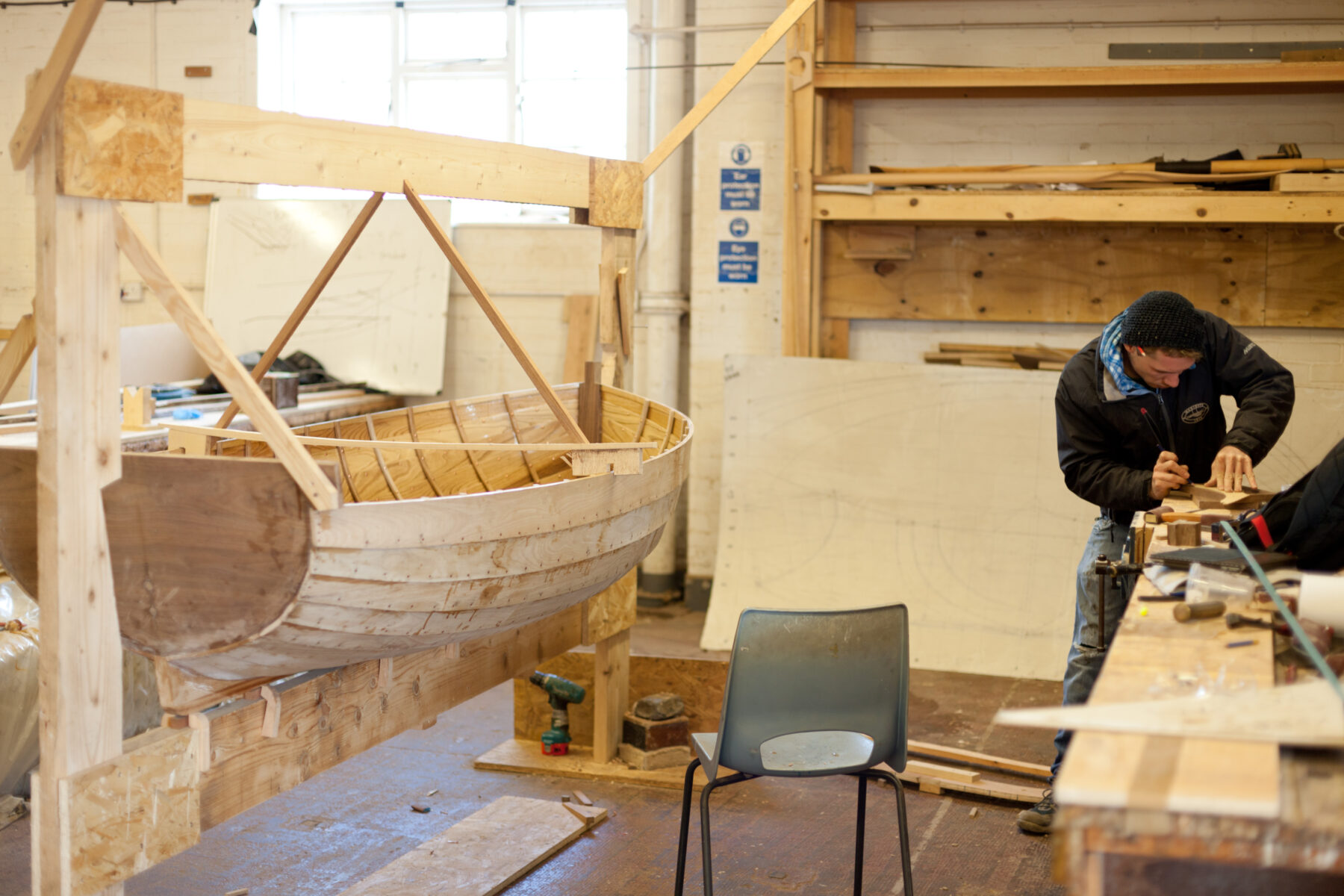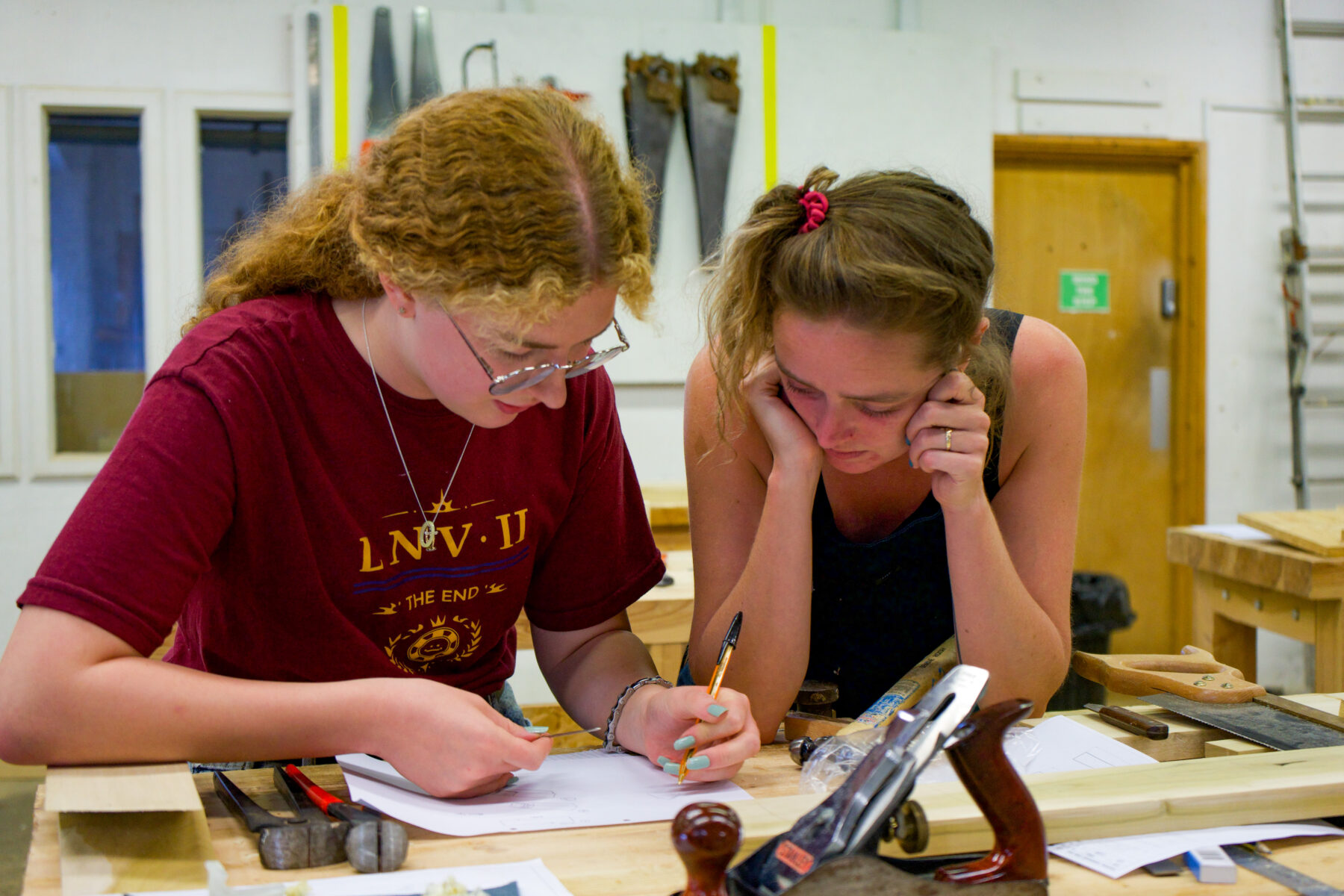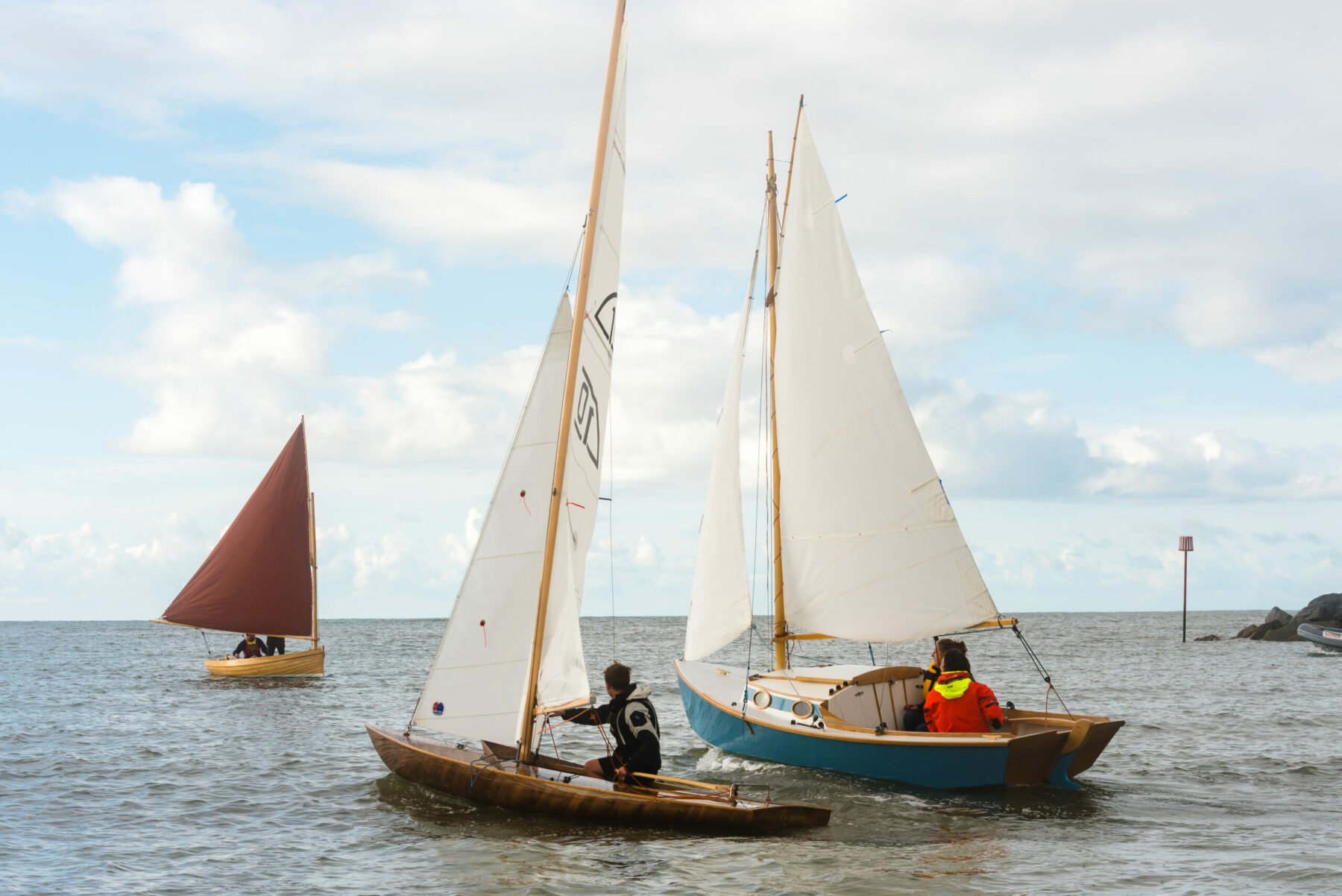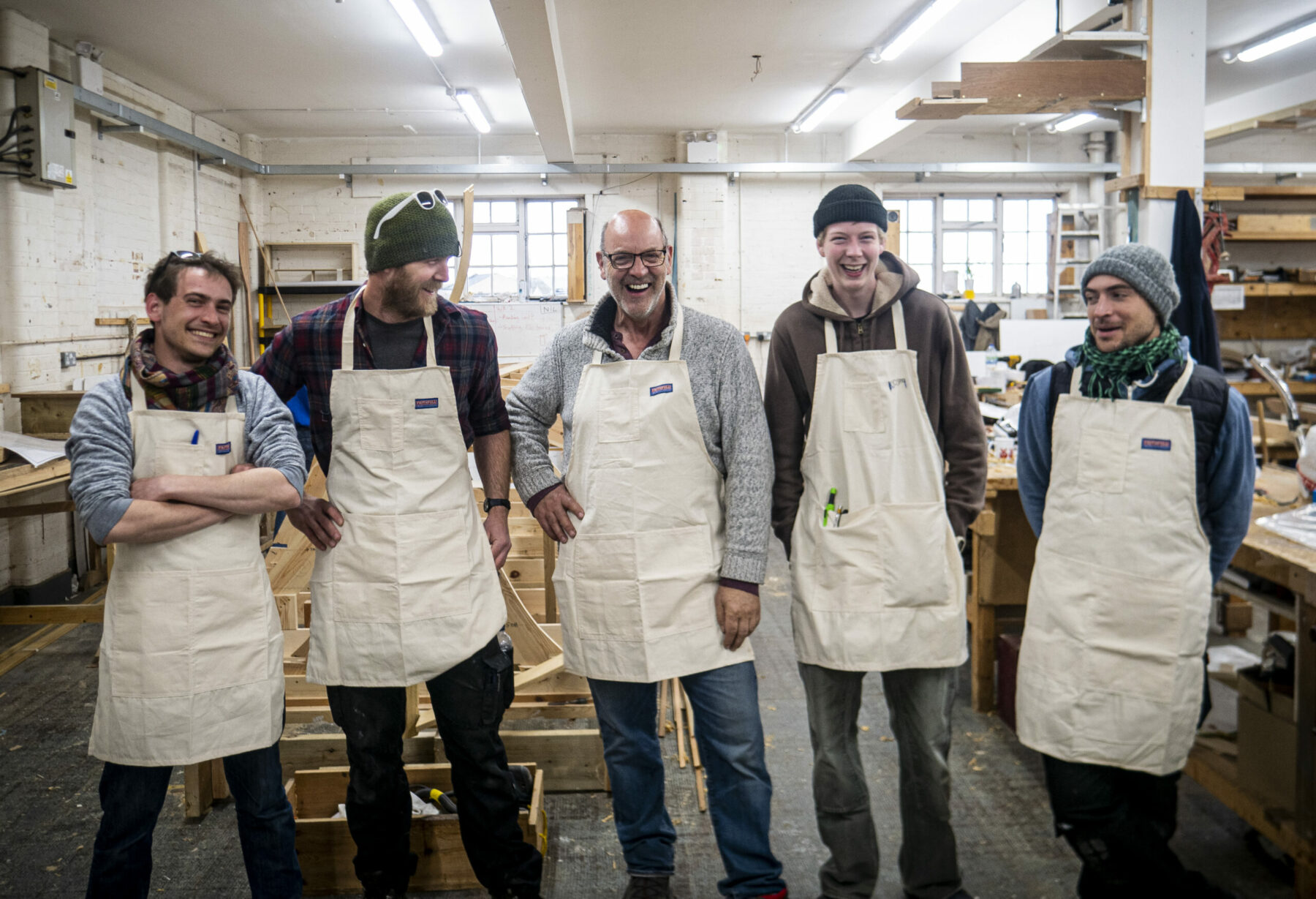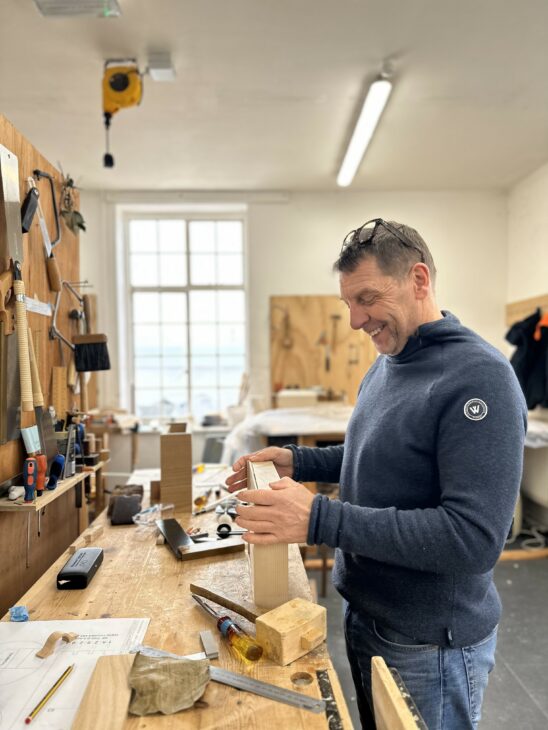BOAT BUILDING, MAINTENANCE AND SUPPORT
For many this is professional training, and for others a chance to follow a dream for the sheer joy of building boats surrounded by like-minded enthusiasts and our expert tutors.
Our immersive training guides you from the very basics of tool use to the completion of several beautiful and professionally built boats.
In the first half of the course, you will develop dedicated boat building skills and knowledge through the highly structured training programme. In the second half, your skills are further honed as you build boats from start to finish using both traditional and modern construction: gaining the skills that only hands-on experience will bring.
The highly practical environment enables students to take full advantage of our facilities and expertise of the tutors. The course is full-time, five days per week from 0830 to 1730. Each course has at least one dedicated tutor, with an aim of a minimum 40 hours of workshop time.
